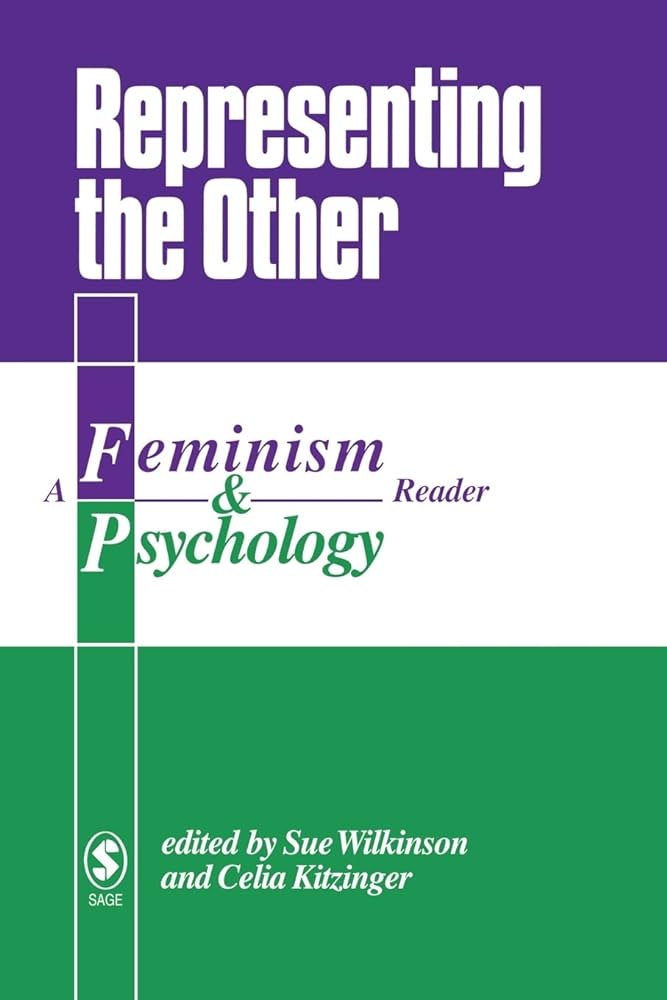女性主义关系话语分析:母亲对“保护”孩子免受肥胖和肥胖恐惧症的“责任”的发声
IF 2.2
3区 心理学
Q2 PSYCHOLOGY, MULTIDISCIPLINARY
引用次数: 2
摘要
研究强调了母亲对孩子健康责任的破坏性矛盾,一方面负责解决“儿童肥胖”问题,另一方面又小心翼翼地不鼓励孩子对自己的身体过于痴迷。虽然研究强调了责备的话语并阐明了母亲的经历,但对于母亲如何在自己的声音叙述中协商话语,人们知之甚少。利用女权主义关系话语分析,本研究分析了对英国12位母亲的采访,以探索她们在国家强制的学校BMI筛查计划中的经历,以及话语如何塑造她们的声音和经历。在讨论母性和肥胖的复杂和矛盾的话语时,参与者表达了“保护”他们的孩子免受肥胖和肥胖恐惧症的“责任”。协商这些责任让母亲们感到内疚,因为她们个人“未能”保护孩子免受一种或两种伤害。母亲们并非毫无疑问地接受这些话语;她们抗拒这些建议,但又被肥胖和母性的“专业知识”所束缚,这些知识显然会导致母亲为肥胖的“危害”负责。这一分析引起了人们对主流话语如何在个人和政治上发挥作用的关注,使母亲们为国家认可的恐胖症造成的伤害负责。本文章由计算机程序翻译,如有差异,请以英文原文为准。
A Feminist Relational Discourse Analysis of mothers’ voiced accounts of the “duty to protect” children from fatness and fatphobia
Research has highlighted damaging contradictions in the responsibilisation of mothers over children's health, at once held responsible for tackling “childhood obesity” while being cautious not to encourage children to become obsessive with their bodies. While research has highlighted discourses of blame and elucidated mothers’ experiences, less is known about how mothers negotiate discourse in their voiced accounts. Utilising Feminist Relational Discourse Analysis, this study analysed interviews with 12 mothers in England to explore their experiences of a nationally mandated BMI screening programme in schools and how discourses shape their voices and experiences. In negotiating complex and contradictory discourses of motherhood and fatness, participants expressed a “duty to protect” their children from both fatness and fatphobia. Negotiating these responsibilities left mothers feeling guilt at their personal “failure” to protect their children from one or both harms. Mothers did not take up these discourses unproblematically; they resisted them, yet felt constrained by “expert knowledges” of fatness and motherhood that had clear consequences in responsibilising mothers for the “harm” of fatness. This analysis calls attention to how dominant discourses function personally and politically to responsibilise mothers for the harm caused by state-sanctioned fatphobia.
求助全文
通过发布文献求助,成功后即可免费获取论文全文。
去求助
来源期刊

Feminism & Psychology
Multiple-
CiteScore
3.30
自引率
11.10%
发文量
51
期刊介绍:
Feminism & Psychology provides a forum for debate at the interface between feminism and psychology. The journal"s principal aim is to foster the development of feminist theory and practice in – and beyond – psychology. It publishes high-quality original research, theoretical articles, and commentaries. We are interested in pieces that provide insights into the gendered reality of everyday lives, especially in relation to women and girls, as well as pieces that address broader theoretical issues. Feminism & Psychology seeks to publish work from scholars, researchers, activists and practitioners at all stages of their careers who share a feminist analysis of the overlapping domains of gender and psychology.
 求助内容:
求助内容: 应助结果提醒方式:
应助结果提醒方式:


